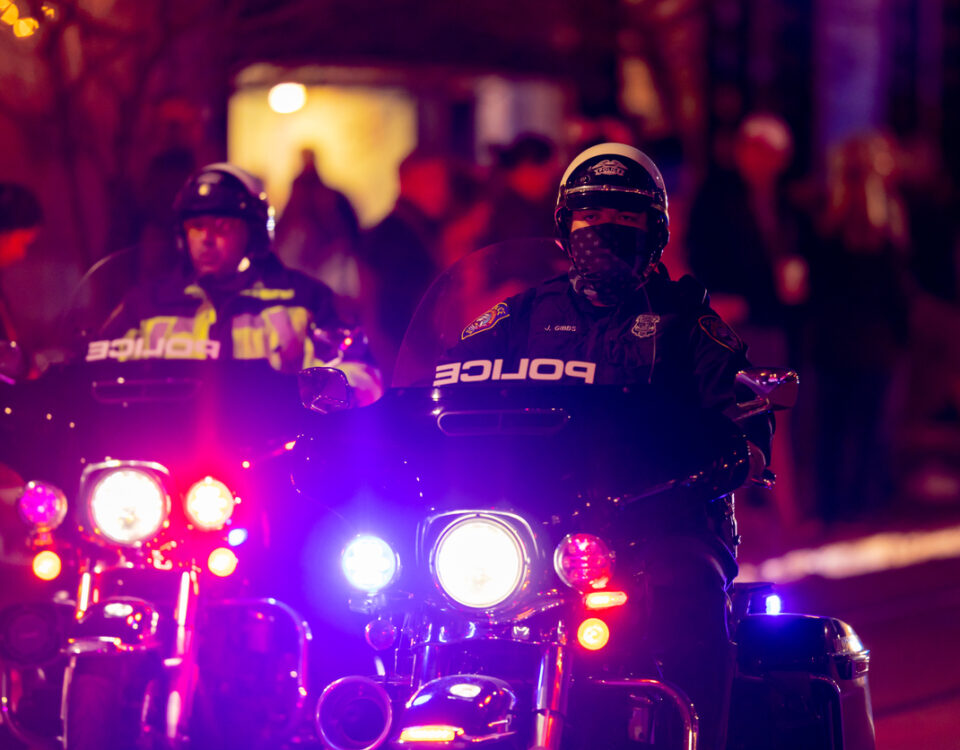How Can Virtual Reality Improve Police Operations?

Tips for First Year Special Education Teachers
January 4, 2021
Mobile Technology & Police Efficiency
January 19, 2021How Can Virtual Reality Improve Police Operations?
Virtual reality has been around for decades, mostly associated with video games and computer programs. Now, it’s being used by everything from professional football teams to science programs to government programs, including police departments. Virtual reality can help police departments to enhance training and even boosting empathy in specific scenarios.
Because the equipment needs and costs are relatively low, implementation can be easy for police departments, and the training itself results in higher retention. Read more below to see why Virtual reality training is an exciting and effective alternative to more traditional police officer training methods.
How Does VR Work?
Virtual reality is a simulated and immersive digital experience for users and provides a 360-degree environment with positional sound and interactivity. In an entertainment setting, the VR tech wearer experiences everything from flying to falling and everything in between. In a police setting, the virtual world can be made rife with scenarios drawn from today’s headlines, such as police brutality settings.
Virtual reality lets departments create a training environment that heightens the senses and introduces stressors that are hard to duplicate outside of real-world situations, boosting retention rates. Because the virtual reality experience feels authentic, it sticks to someone’s memory better. Because of this fact, many industries have turned to VR as a method of employee training.
VR for Police Officer Training
To face ever-changing scenarios in the field and work on de-escalating volatile situations involving a person experiencing a crisis, such as mental health or physical health, today’s officers need to have well-rounded training to help them understand what that person is going through, whether they are a victim or a suspect. This became evident this past summer with George Floyd’s death, sparking the discussion around de-escalation techniques.
Because it’s so flexible, affordable, and portable, virtual reality training is ideal for officers wanting to undergo training when and where it’s convenient. More importantly, virtual reality is more engaging than simulation training due to its immersive realism, making it more likely officers will request VR training and retain the learnings longer and more vividly.
VR training presents the potential to work better for departments as well. Most of today’s training is either expensive, not engaging, or limited in scope and resources in preparing officers for their work. VR training takes relatively low investment, doesn’t require ample space, and can replace in-person and group training in many scenarios, which helps a socially distanced world.
VR training helps officers react more authentically in a hostile environment without being put out in the street with a violent person or potentially unsafe situation. By letting officers see and feel what it’s like to be in a real-time situation, VR training creates empathy and understanding while empowering officers to respond with more confidence in individual crisis.
About PGUI
Professional Governmental Underwriters, Inc., is a full-service risk management company dedicated to assisting public, educational and non-profit entities in the management of their professional liability exposures including educators liability insurance. We are dedicated to providing state-of-the-art professional underwriting management and loss control advisory services on behalf of our designated carriers. For more information, call us toll-free at (800) 586-6502.


